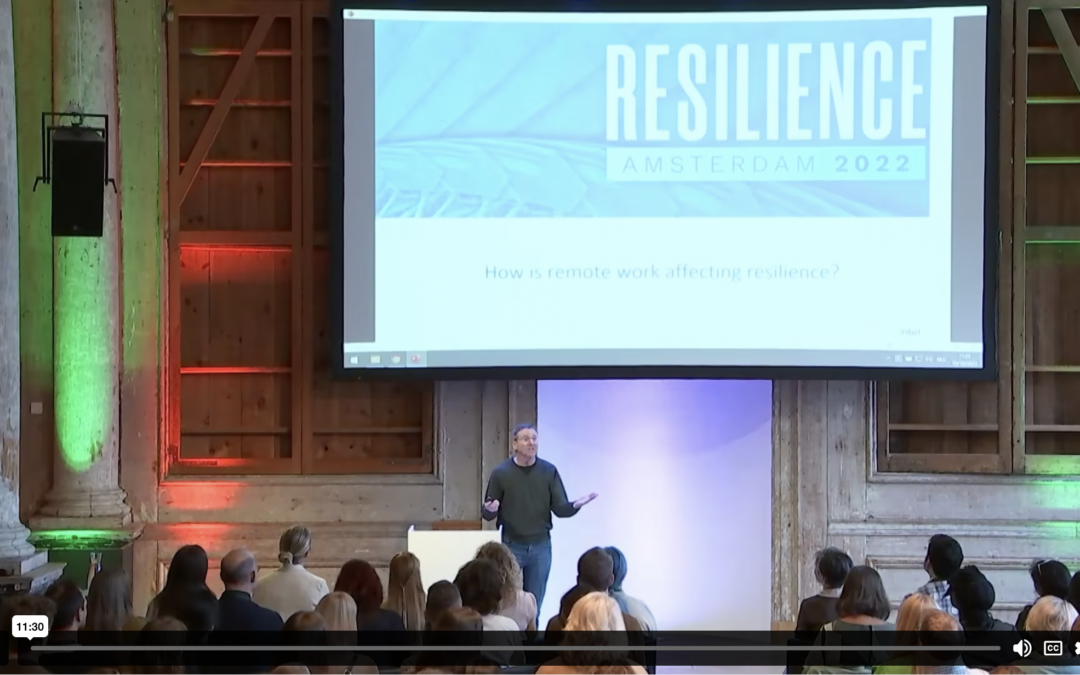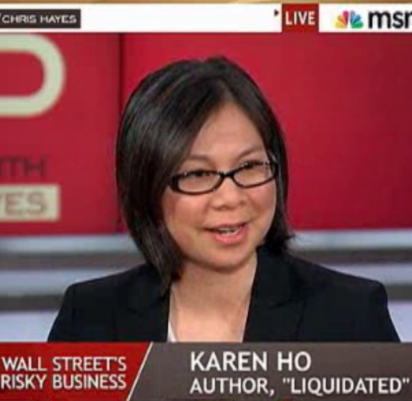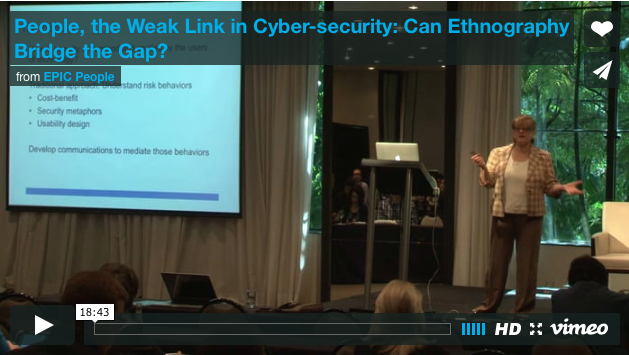COVID-19 has precipitated a massive social experiment – the sudden shift of millions of knowledge workers from...


COVID-19 has precipitated a massive social experiment – the sudden shift of millions of knowledge workers from...

A design executive who has led several multidisciplinary teams and organizations at global companies such as...

We propose a new approach for project inspection applying ethnography to identifying IT system project risks. Guideline-based inspection is generally conducted in the IT industry to reduce project risks. Guidelines are created based on analysis of failures in past projects. However, it is...

Since the 90’s, one of ethnography’s values has been about the reduction in the risk of developing new products and services by providing contextual information about people’s lives. This model is breaking down. Ethnography can continue to provide value in the new environment by enabling the...

With a strategic analysis of the push to “democratize” research—to open the research practice to...

Thomas Hobbes famously warned that the worst instincts of “mankind” need strict management, control, and regulation. But what about the harm that results when we try to manage spontaneous systems too closely? I have been thinking with Robert Chia and Robin Holt lately; their book Strategy without...

Automating Inequality: How High-Tech Tools Profile, Police, and Punish the PoorVirginia Eubanks2018, 272 pp, St. Martin's Press What if we thought differently about how to integrate human and machine agencies? As I sat down in to write this review of Virginia Eubanks’ latest book, Automating...

EPIC Profiles Series What do sentiments and ideologies have to do with Wall Street? Karen Ho would argue they are key for understanding and changing Wall Street’s institutional culture that generates and justifies a focus on the short-term. From working in a firm to interviewing workers and...

Information Technology (IT) professionals are racing to keep up with cyber-security threats in the workplace. But, as any cyber-security expert will tell you, security technology is only as good as the people who use it. And, people are a mystery to most cyber-security professionals making them...

It’s more important than ever to have a firm grasp of our full value as ethnographers. In addition to...